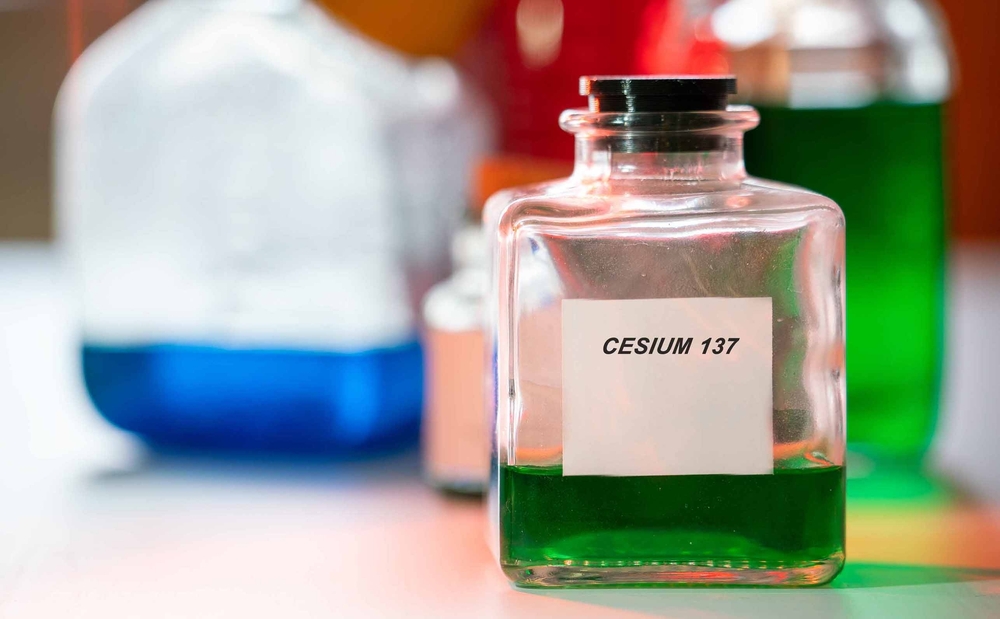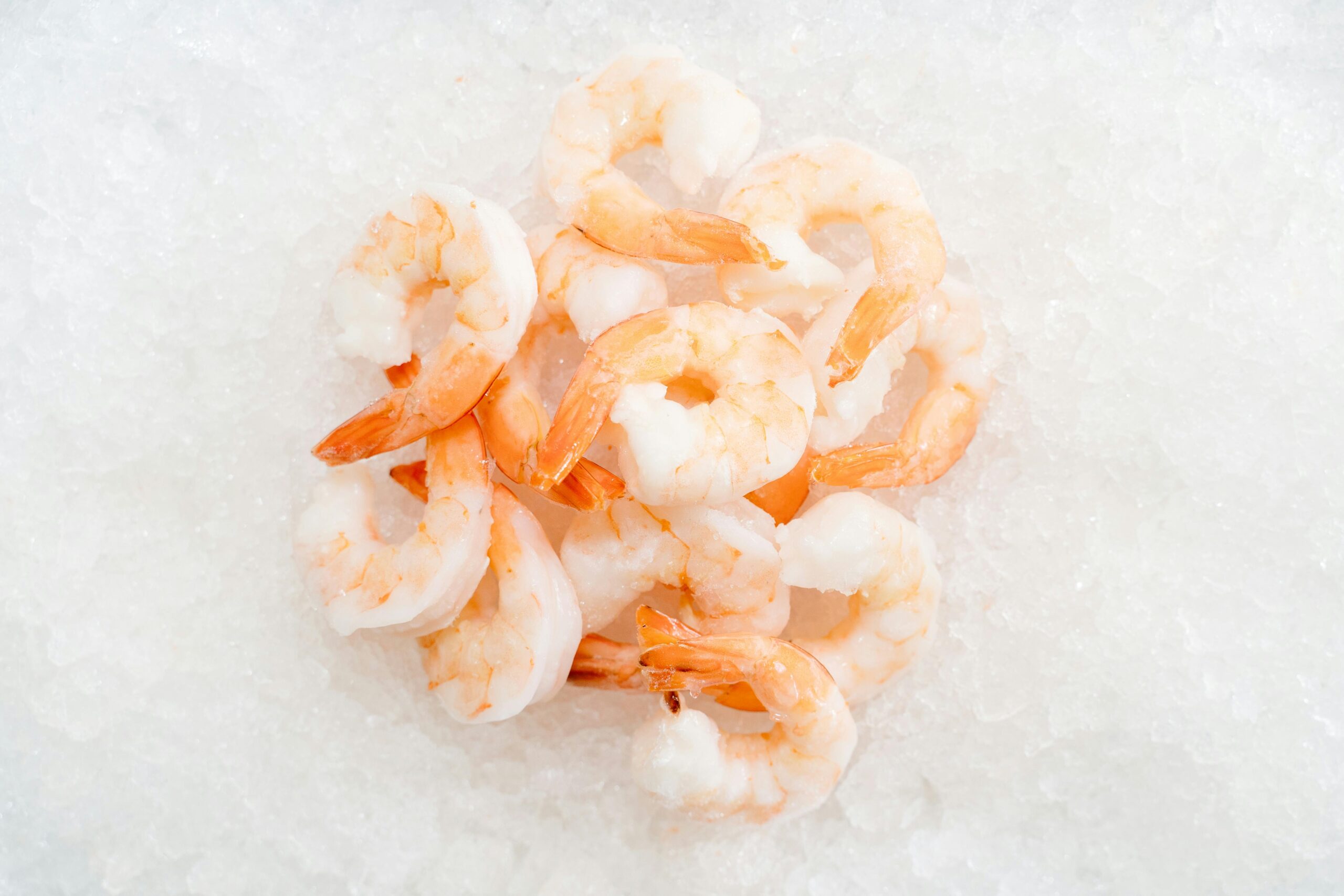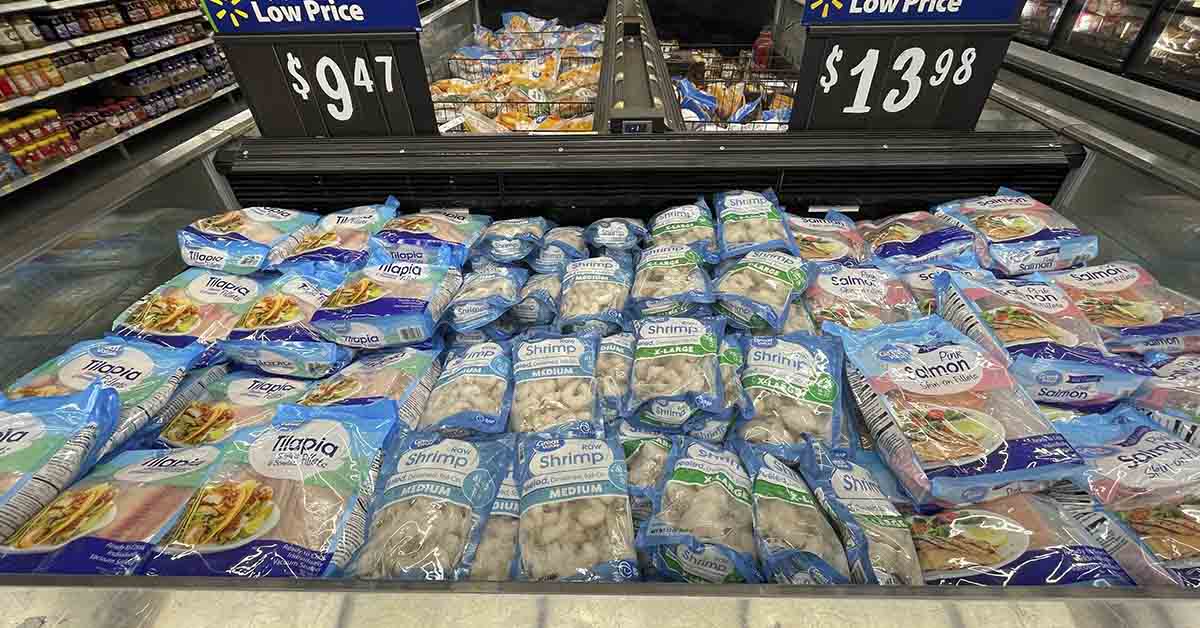The Food and Drug Administration (FDA) wants Walmart shoppers to throw away certain frozen shrimp that might be contaminated with radioactive material. The warning affects Great Value brand shrimp sold in 13 states and comes after contamination was found at an Indonesian processing facility.
The FDA warned shoppers on August 19, 2025, after discovering Cesium-137 in shrimp shipments from PT. Bahari Makmur Sejati, an Indonesian supplier. U.S. Customs spotted the contamination five days earlier, on August 14, and immediately stopped all future shipments from the company.
The problem is that other shrimp from the same facility had already made it to Walmart stores before anyone knew about the contamination. Now, officials are pulling those products from shelves just to be safe.
How to Spot the Radioactive Great Value Shrimp
Look for Great Value Frozen Raw White Vannamei Shrimp in 2-pound bags with a March 15, 2027, best-by date. The packages contain shrimp from Indonesia and have one of these lot codes: 8005540-1, 8005538-1, or 8005539-1.
Throw the shrimp away if your package matches these details. Do not eat or serve it. Customers can return the recalled shrimp to any Walmart for a full refund without a receipt.
Walmart spokesperson Kelly Hellbusch said customer health and safety always come first. The company is working with the supplier to investigate the contamination source. The recall affects stores in Alabama, Arkansas, Florida, Georgia, Kentucky, Louisiana, Missouri, Mississippi, Ohio, Oklahoma, Pennsylvania, Texas, and West Virginia. Walmart removed these products from affected stores and stopped further sales.
Why the Health Risk Is Low But Not Zero
Donald Schaffner, a food safety expert, says the risk from the recalled shrimp is low. However, even small amounts can add to a person’s lifetime radiation exposure from natural sources and medical procedures. This is because Cesium-137 moves into muscle tissue and exposes cells to radiation that can damage DNA over time.
The contamination level measured precisely 68.48 Bq/kg, which is well below the FDA intervention level of 1200 Bq/kg. The FDA tested five different shrimp products from the supplier, with only one sample of frozen breaded shrimp testing positive for the radioactive substance. At this level, the products would not cause immediate harm, but the FDA wants to prevent any long-term exposure risks.
From Port Screening to Walmart Recall
U.S. Customs found the contamination on August 14, 2025, during routine port checks at four entry points. Los Angeles, Houston, Savannah, and Miami all detected the contamination in shipping containers from the Indonesian seafood processor. These ports handle millions of food shipments each year.
U.S. Customs uses radiation detection equipment to screen incoming cargo. The systems flag shipments with unusual radiation signatures and triggers immediate investigations.
The FDA then tested products from the supplier and confirmed Cesium-137 in samples of frozen breaded shrimp. Officials stopped those contaminated shipments before they could reach stores. The FDA placed the Indonesian company on Import Alert 99-51, a rarely used chemical contamination list where it currently stands as the only listed company. This “red list” designation means future shipments face automatic detention without physical examination. However, they discovered Walmart had already received and distributed other shrimp from the same facility.
That same day, the FDA banned all products from PT. Bahari Makmur Sejati until the company resolves the contamination issues. The agency then only learned about the Walmart products that had been imported before the detection, prompting the precautionary recall.
What Cesium 137 Is and How It Acts in the Body

Cesium-137 is a radioactive material made through nuclear reactions. You can find small amounts everywhere because of nuclear weapons testing in the 1950s and 1960s, plus major accidents like Chernobyl and Fukushima.
The material actually has useful purposes when handled safely. Doctors use it in machines that treat cancer patients with radiation. Factories use it to measure how liquids flow through pipes and monitor their equipment. With proper safety measures, it poses little danger.
The problem is that cesium-137 stays radioactive for 30 years, so it remains dangerous for decades. When it gets into the environment, it dissolves in water and moves up the food chain. Finding it in food you buy at the store is both rare and worrying.
This Indonesian case makes no sense to experts. The FDA has said cesium-137 gets flushed out of fish quickly and doesn’t build up in seafood, making this Indonesian case even more mysterious.
Why Indonesian Shrimp Is Seeing More Refusals in 2025
Indonesian shrimp imports are having their worst year since 2011, with the FDA rejecting 58 shipments between January and August, more than double all of 2024. Officials have found everything from banned antibiotics and undeclared sulfites to salmonella contamination and products deemed filthy. Some companies are cheating customers by delivering underweight products or adding water to increase the bulk weight.
The FDA has now banned four Indonesian shrimp companies from selling to the United States. PT. Bahari Makmur Sejati joins the list because of radioactive contamination, while three other exporters face fraud alerts for deceptive business practices. This radioactive contamination represents just the latest problem in a year full of safety failures from Indonesian suppliers.
What Investigators Are Checking Next

Nobody knows how radioactive material ended up in Indonesian shrimp. However, the FDA is working with Indonesian authorities to investigate it. They can only guess at possible sources, like improper storage of industrial equipment or nearby nuclear facilities.
The FDA continues tracking all products from this supplier through the supply chain. The contaminated products were clearly processed in unsanitary conditions, which raises even more questions about the facility.
The whole situation shows how vulnerable global food supply chains can be. But it also proves that U.S. port screening actually works. Customs caught the contamination before most people could buy the shrimp, which prevented a much bigger problem. If you think you might have eaten the recalled shrimp, talk to your doctor about it.
Read More: Butter Recall Hits Over 64,000 Pounds Across the Country

